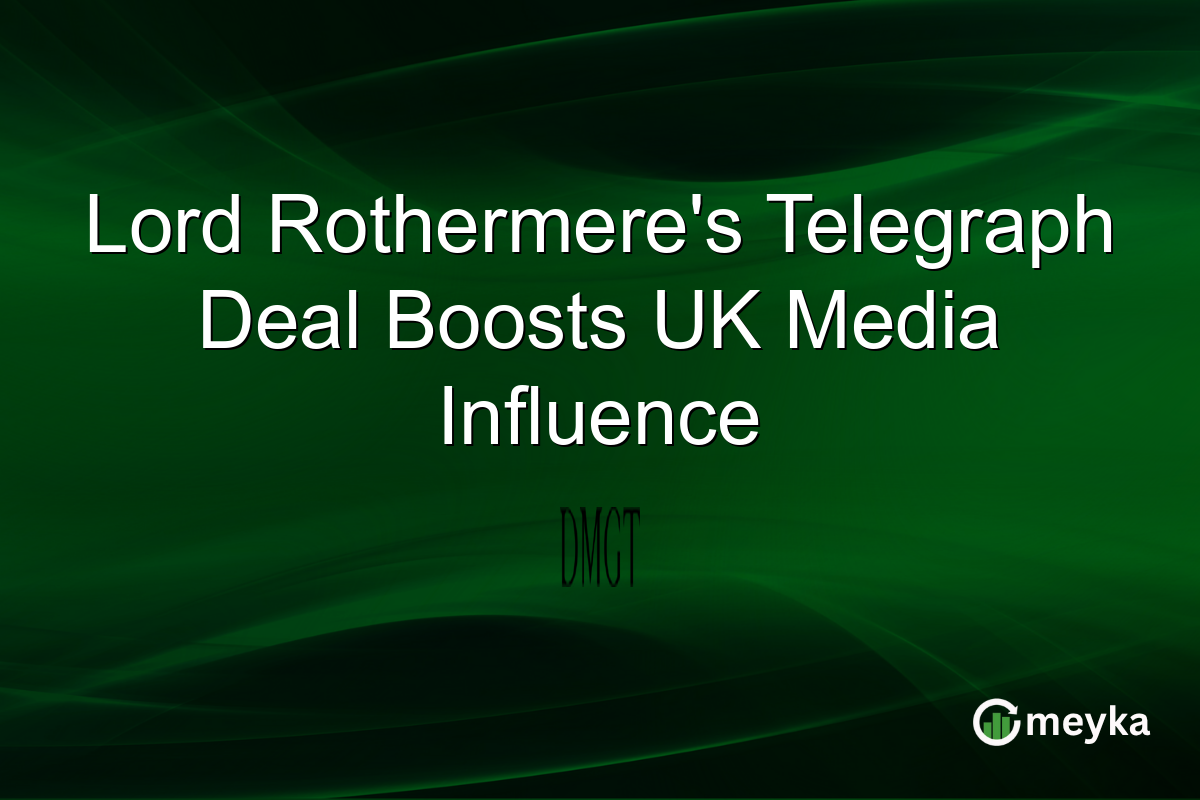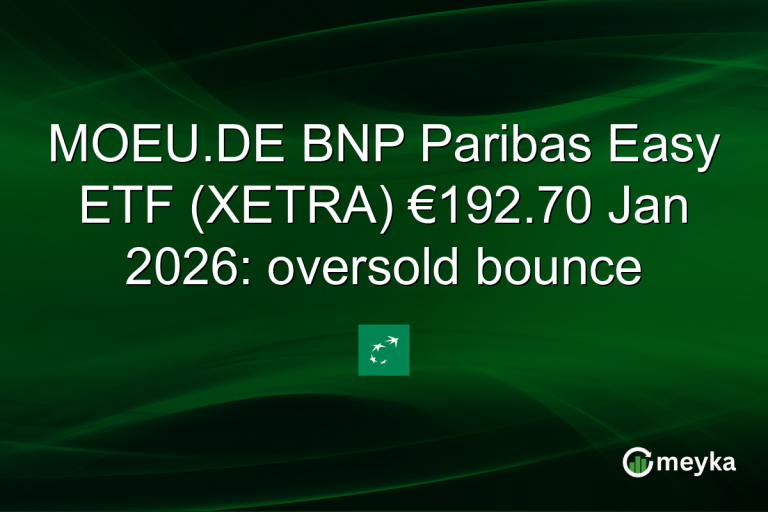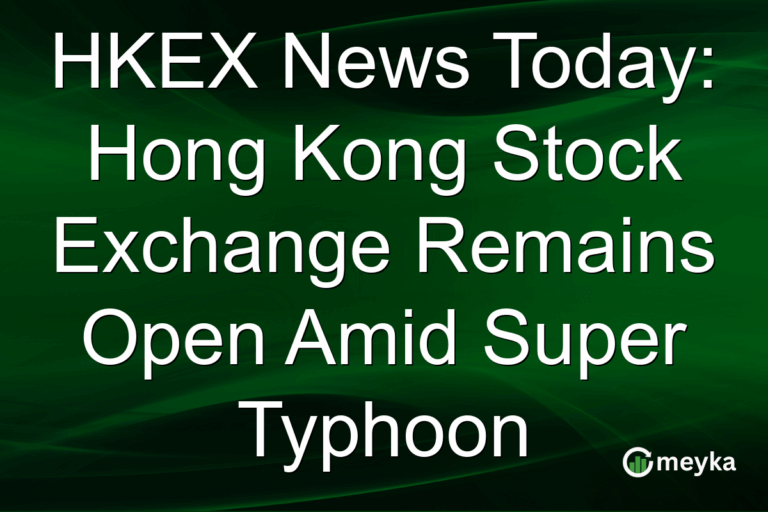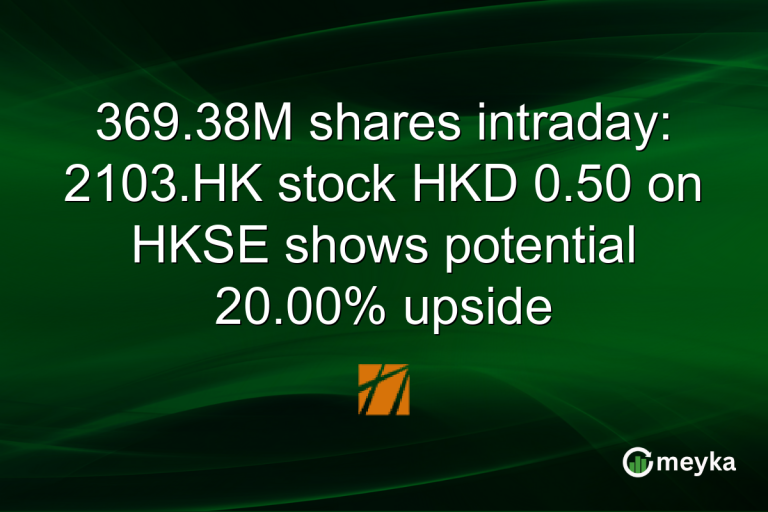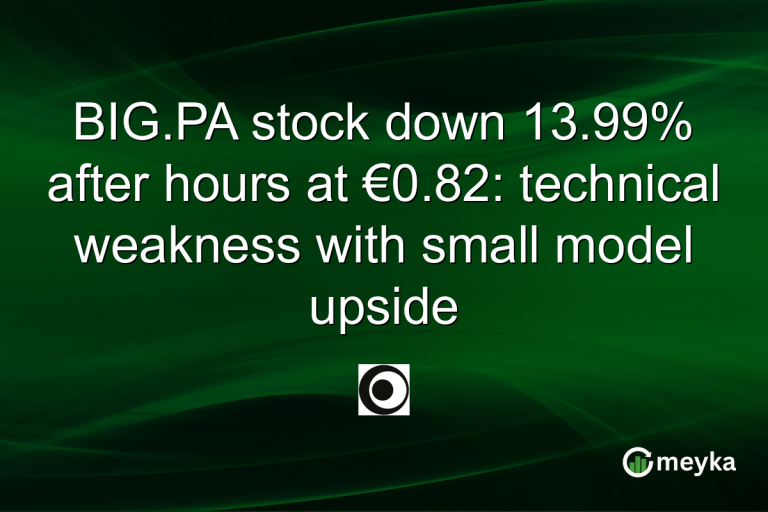Lord Rothermere’s Telegraph Deal Boosts UK Media Influence
Lord Rothermere’s recent deal to acquire the Telegraph titles for £500 million marks a major shift in the UK media landscape. This acquisition by the Daily Mail owner is not just a significant financial move but also a strategic positioning within an increasingly consolidated market. As the news broke on November 23, investors and analysts alike are weighing the impact on media plurality and competition. With this acquisition, Rothermere’s influence intensifies, raising questions about the future of UK media.
Continue Reading on Meyka
This article is available in full on our main platform. Get access to complete analysis, stock insights, and more.
Read Full Article →